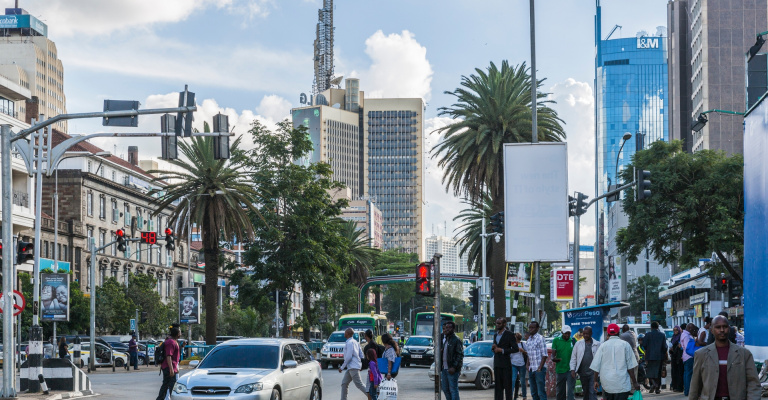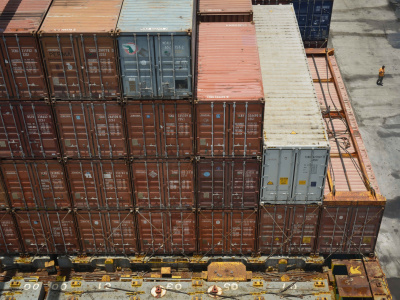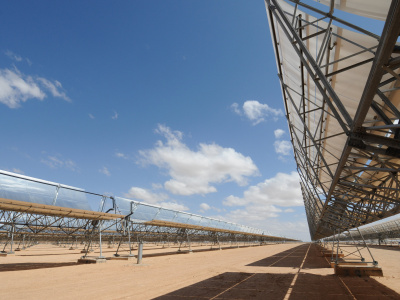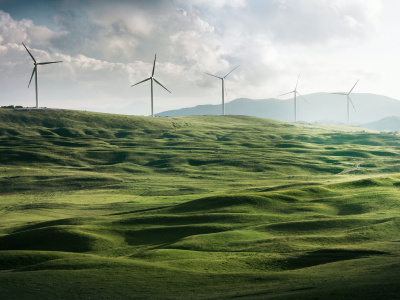
Navigating green economy and development objectives: Opportunities and risks for African countries
Authors
African countries and economies are at the centre of competing demands and narratives around the global green transition. Bruce Byiers, Alfonso Medinilla and Karim Karaki identify the dilemmas they face in achieving ‘greener’ economic development pathways, focusing on African narratives on climate and development, external climate regimes, Africa’s first movers and the political economy of greening transport.
Summary
African countries and economies find themselves at the centre of competing demands and narratives around the global green transition. The continent is rich in renewable energy sources and the minerals needed to power a global shift to clean energy while reducing emissions. On the other hand, avoiding greenhouse gas emissions is seen by many as a risk to African economic development and akin to rich countries ‘kicking away the ladder’.
This paper identifies and discusses the dilemmas African countries face in achieving ‘greener’ economic development pathways. Comprised of four policy notes, the paper discusses ways to navigate the conflicting narratives on an African ‘just (energy) transition’ and the challenge of economic development; the increasingly complex effects of external climate regimes on African economies; the opportunities and risks for African countries linked to the energy transition and green industrial development; and the political economy dynamics and complexity of green transition in practice.
The paper concludes with seven key findings and proposes emerging policy research and engagement opportunities for policymakers and their partners seeking to promote green trade and transport in Africa.
Notes
The four notes are also available separately.













